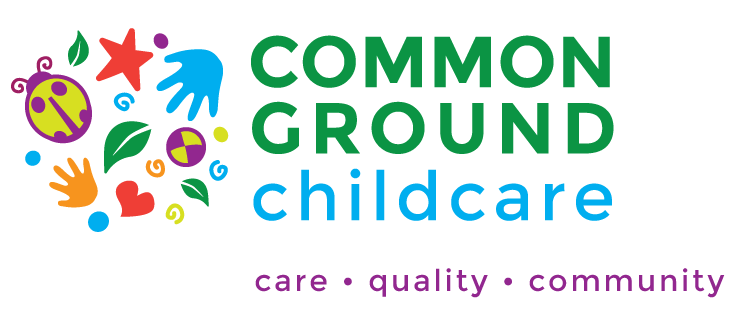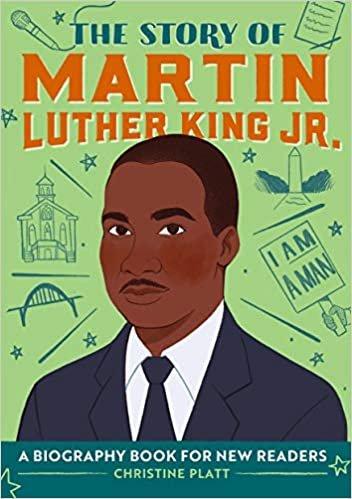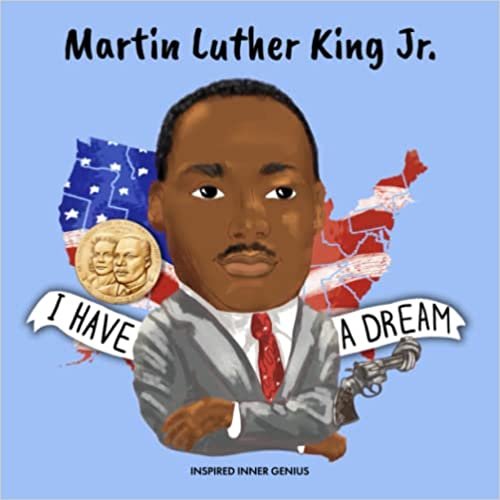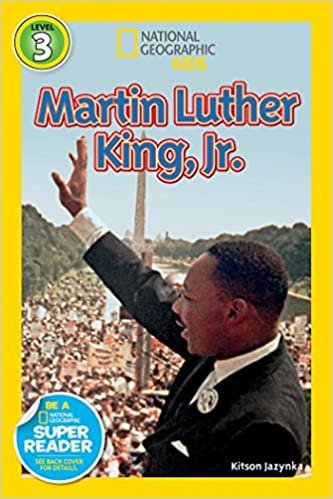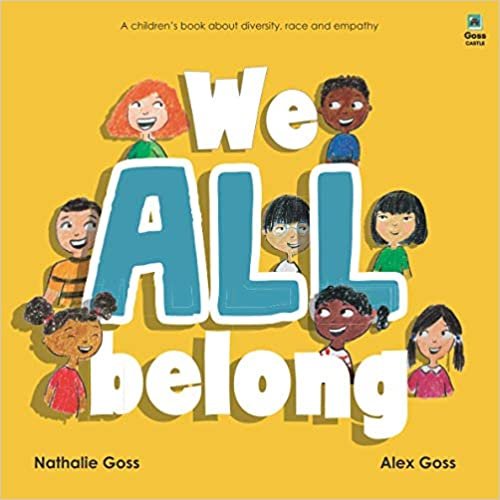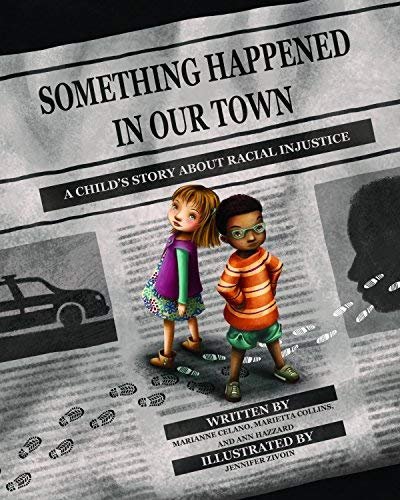Martin Luther King Jr. -- Kids Edition
A lot of parents ask how to teach about Martin Luther King Jr. to their kids.
Super Ally Videos I History of MLK Jr. I PBS Kids on Race I MLK Jr. by Kid President I Time for Kids MLK Jr. I MLK Jr. Facts for Kids
Teaching the story of one man may seem simple, but it opens up so many complicated and uncomfortable questions parents may not feel qualified to answer correctly. Is your child old enough to understand? Will it upset or confuse them?
Children start recognizing differences between people at three months old. Giving them the tools and words they need to develop awareness and empathy is essential to a bright future. Part of that is understanding the trials of the past and the pitfalls of the present.
So how do we do that?
Read. Read. Read. Read. Read. Reading is a super power. Children’s books are a teacher’s key to unlocking lasting lessons for kids. Did you know that children relate/love/bond to book characters they see as much as they relate to real people? Brilliant children’s book authors have written about Martin Luther King Jr. in ways that children understand. Here are a few recommendations:
I am Martin Luther King Jr. by Brad Meltzer (this is a personal Common Ground favorite of many teachers)
A Picture Book of Martin Luther King, Jr. (Picture Book Biography) by David Adler and Robert Casilla
The Story of Martin Luther King Jr.: A Biography Book for New Readers by Christine Platt
Martin Luther King Jr. by Carrie Hollister
National Geographic Readers: Martin Luther King, Jr. (An Early Readers Book!) by Kitson Jazynka
I have a Dream by Martin Luther King JR. (with a CD)
Something Happened in our Town: A Child’s Story about Racial Injustice by Marianne Celano (Author), Marietta Collins (Author), Ann Hazzard (Author), Jennifer Zivoin (Illustrator)
I’m Mixed! by Maggie Williams
Last Stop on Market St. by Matt de la Peña (this is a personal Common Ground favorite of many teachers)
We’re Different, We’re the Same (Sesame Street) by Bobbi Kates
All are Welcome by Alexandra Penfold
The Colors of Us by Karen Katz
Do your research to find the right words. It can be hard when a question your child (or student!) asks stumps you. Where do you begin? How much do you say? When will they tune out? PBS Kids has an amazing series of articles on how to talk about diversity, injustice, and how to be a good friend.
Why and How to Talk to Your Children about Race
The Race Conversation for Young Children
A Discussion Guide on Talking to Young Children about Race and Racism
How to talk Honestly with Children about Racism
Don’t discourage questions. Be honest. Encourage curiosity in your children by exploring all topics, including ones that make you uncomfortable. Admit when you don’t know something or if you made a mistake, and keep reminding kids that you are still learning too. Kids will be afraid to be wrong, ask the “wrong” questions, or to make mistakes if you show that you are. Learning is a journey you should be on your whole life. Let them know it’s a journey they are on WITH you, that you are a team.
Proceed with sincerity, kindness, an open heart. Growth is hard. Since Martin Luther King Jr. and the Civil Rights movement, there has been progress, but we are nowhere NEAR finished. While we are teaching this next generation, we must remember we are not finished growing and should never be. Be aware of the past and what it can teach us. Be mindful of the present and how you can be better each day. Be hopeful for the future, and remember that Dreams take work.
With Love,
Your CG Family
